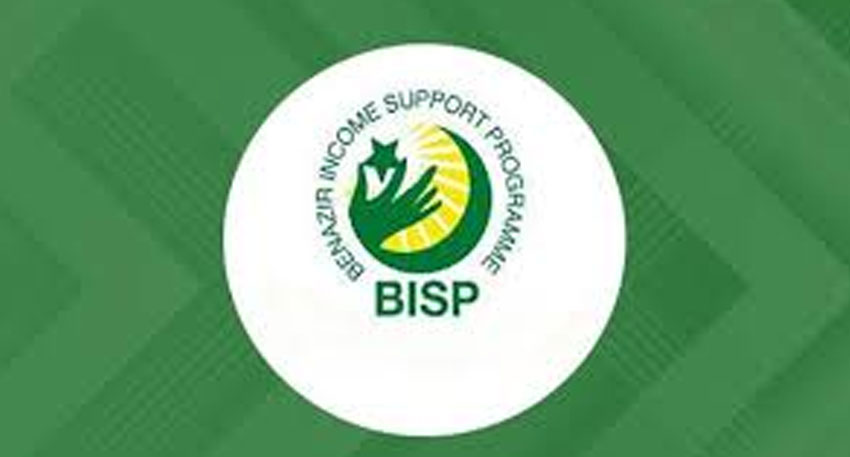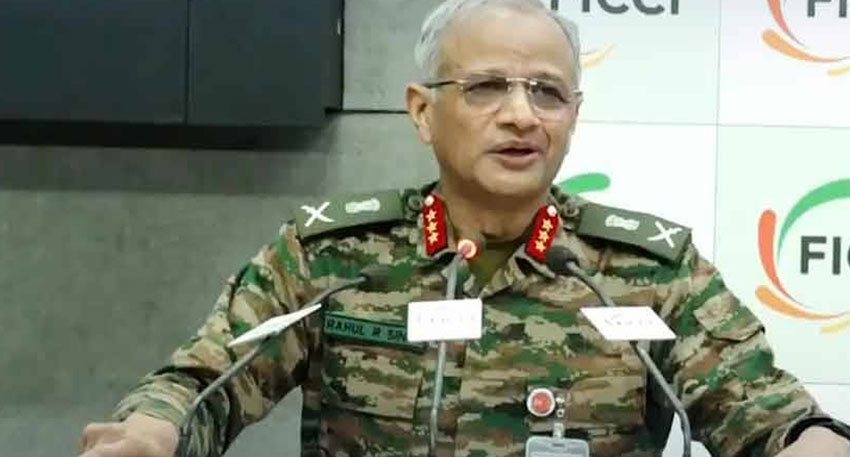
The project is expected to launch at the end of July; previously, it was scheduled to start in June. Account openings will begin on August 15.
To ensure transparent and smoother delivery of financial aid, the NA body emphasized the need to reduce human involvement in Benazir Income Support Programme (BISP) disbursements.
NA body members urged immediate reforms to Pakistan’s social protection system. They called for an advanced model that relies more on technology than manual processes.
Also Read: BISP 8171: Receive next Rs13,500 installment in July! All you need to know
The committee underlined in the 10th session held at Parliament House that, to improve the experience and dignity of Benazir Income Support Programme (BISP) beneficiaries, human interference should be reduced.
The State Bank of Pakistan (SBP) confirmed that almost all backend systems and procedural approvals are complete and ready.
Initially, the pilot project will run in only seven districts, with Muzaffargarh being one of them. Features of the pilot project will include account opening, geotagged banking services, and biometric verification.
If fingerprint authentication fails, BISP beneficiaries will be issued debit cards.
To enhance and ease accessibility, SBP plans to introduce staggered payments, expand ATMs, and launch digital wallets.
Progress also includes system integration and two-factor authentication testing. A six-month review will be conducted before expanding the project nationwide.
Concerns emerged regarding the treatment of Benazir Income Support Programme (BISP) recipients at payment camps and banks. The committee received assurances that measures are being implemented to guarantee dignity and safe access for everyone.
To improve biometric reliability, especially in areas without internet, the committee requested linking mobile data repositories with the Pakistan Telecommunication Authority (PTA).
The committee also observed that operational costs rise due to over-dependence on deputation staff, which weakens the system. Only 2,347 of the 3,486 approved BISP posts are currently filled.
The Finance Division clarified that staff recruitment is overseen by the Cabinet and Establishment Division and is constrained by fiscal limits set by the IMF.
The committee urged BISP to collaborate with relevant ministries to address staffing challenges and approved the relocation of BISP offices to underserved areas like Munda and Balambat.
The session concluded with a unanimous decision to expedite the digital banking project for BISP, ensuring robust oversight to safeguard beneficiary rights and enhance transparency.




